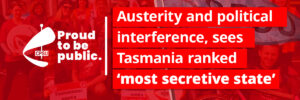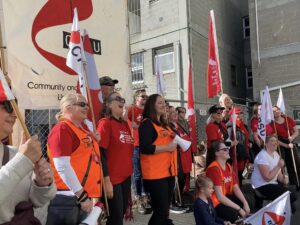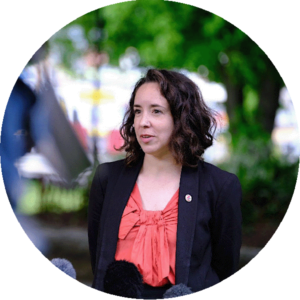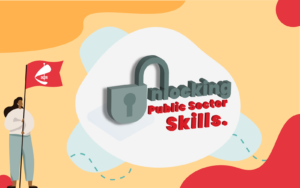
“Harmony Day” was launched in 1999 by the Howard Government as an intended rebrand of International Day for the Elimination of Racial Discrimination, which has been observed around the world since 1966 in response to police killings in South Africa under Apartheid.
Attacks on African and Asian communities, fueled by far-right extremism, have seen an increase in the last few years; as has islamophobia, antisemitism and discrimination against Aboriginal and Torres Strait Islander Australians. Australia is far from a harmonious place in 2023, and the problem seems to be getting worse.
So if celebrating diversity isn’t enough on its own to stop racism on the rise, then what is?
Tasmania already has nation-leading laws protecting against hate speech, something the Keating Government unsuccessfully tried to introduce at a Commonwealth level. It was this in part that led to the creation of ‘Harmony Day’.
“The only term that [Government research] could get a majority support … was that people supported the idea of a harmonious society. The harmonious society depended on other people not behaving in ways that made me, you, I, discomforted,” said Professor Andrew Jakubowicz.
But difficult, uncomfortable conversations are an essential part of tackling racism in our community. That is what sets anti-racism apart: it means actively identifying and opposing racism and racial discrimination, especially recognising where it’s structurally baked into the systems we live in.
Core Facts:
- 1 in 3 Australians has witnessed or experienced racism in the workplace or education (Source)
- 52% of Indigenous people in 2020 had recently experienced an incident of racial prejudice (Source).
- 58% of those from a Language Other than English (LOTE) background have suffered racial abuse on public transport or on the street (Source).
- Tasmanian Aboriginal people are 6.8 times more likely to be incarcerated than non-indigenous Tasmanians, due in part to cuts to legal aid and increased policing (Source). Tasmania ha
- Although Aboriginal and Torres Strait Islander Adults make up around 2% of the national population, they constitute 27% of the national prison population; Aboriginal and Torres Strait Islander incarceration rates increased 41% between 2006 and 2016 (Source: Australian Law Reform Institute).
“If you can’t talk about what is actually going on, and address the dynamics that are actually occurring, then you are guaranteeing that they will continue to be problematic and cause deeper and deeper hurt and destructiveness in Australian society,” said Prof. Jakubowicz.
You can sign up as a Supporter or Volunteer for Democracy in Colour for free to stay updated about anti-racism campaigning nationwide. They also provide Anti-Racism Training workshops you might consider requesting for your workplace.
Amnesty International has also released a free guide on how to be an anti-racism ally.








